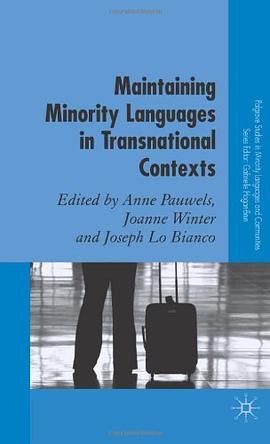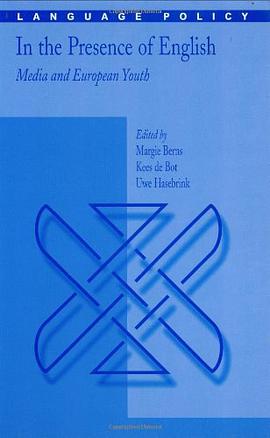

具体描述
Killing the Messenger has long been a popular resource for readers eager to experience the best media criticism of the past century. Selections are chosen from magazines, journals, official reports, public speeches, and books that have been long out of print and cover a range of issues: the inadequacy of the press to police themselves, the importance of ethics and training, the problem of bias and sensationalism, and the threat of censorship. Pieces by Theodore Roosevelt, Louis Brandeis, Joseph Pulitzer, Upton Sinclair, Spiro Agnew, George Seldes, and John Hersey, among others, are now joined by A. J. Liebling's early warning of the dangers of media consolidation, Will Irwin's analysis of journalism's growing power and pervasiveness, Daniel P. Moynihan's look at the changing relationship between the press and the presidency in 1971, Robert Darnton's essay on creative license, and Leo C. Rosten's statistical survey of the sociological makeup of newspaper correspondents in 1930s Washington and the effect of a journalist's "psychology" on the character of his reporting. Killing the Messenger serves as a valuable reminder that criticizing the press is an old and invaluable tradition in our country and that many of today's issues have their roots in these fascinating and provocative examples of early criticism.
作者简介
目录信息
读后感
评分
评分
评分
评分
用户评价
相关图书
本站所有内容均为互联网搜索引擎提供的公开搜索信息,本站不存储任何数据与内容,任何内容与数据均与本站无关,如有需要请联系相关搜索引擎包括但不限于百度,google,bing,sogou 等
© 2026 book.wenda123.org All Rights Reserved. 图书目录大全 版权所有




















